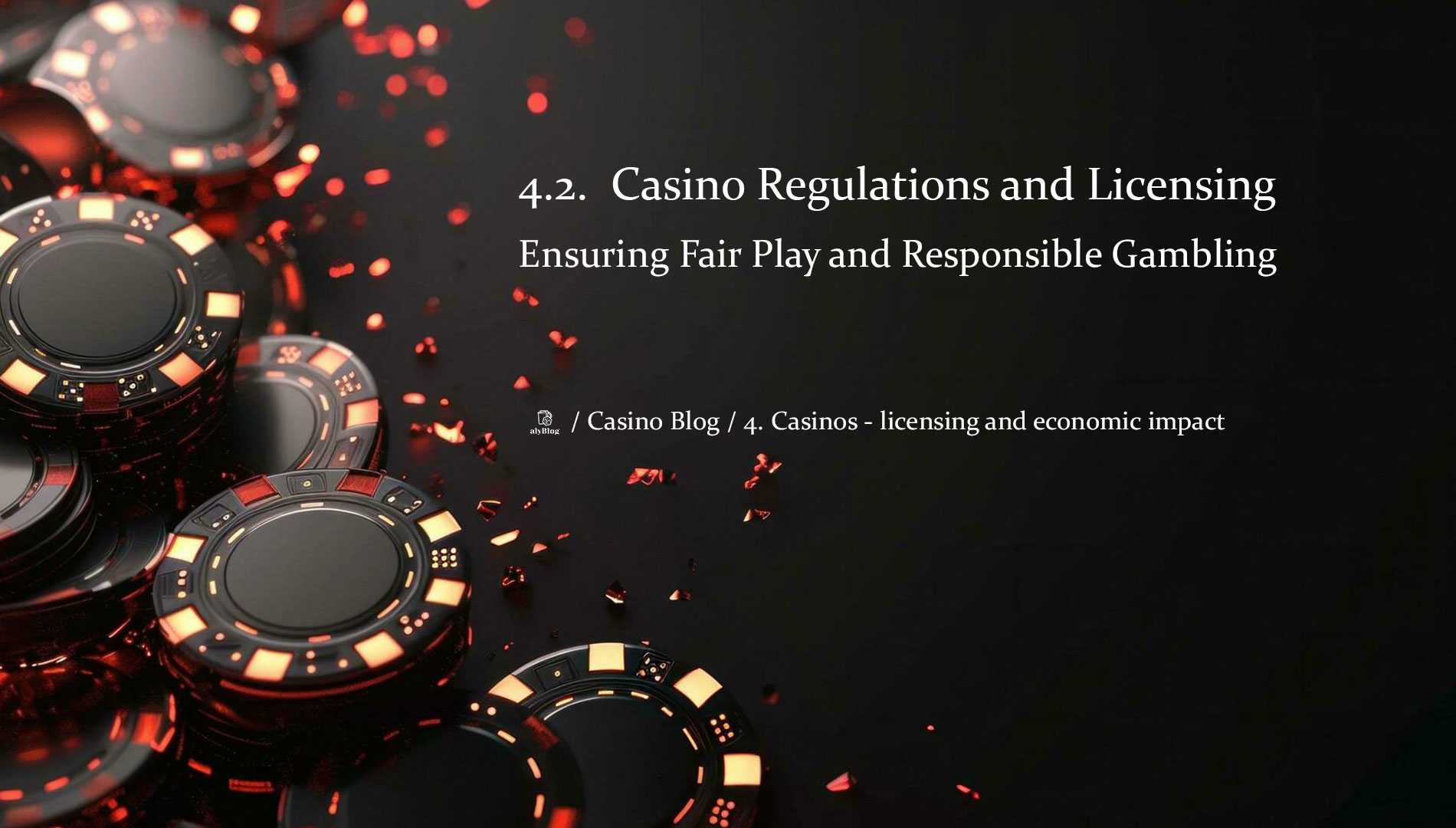Casino regulations and licensing are crucial aspects of the gambling industry, designed to protect players, maintain fairness, and prevent criminal activities. These regulations vary significantly depending on the country and jurisdiction, but they generally cover the following areas:
Licensing Requirements
- Operator Licensing: Casinos must obtain a license from a regulatory body to operate legally. This involves a thorough background check of the operator, their financial stability, and their ability to comply with regulations.
- Game Licensing: Individual games offered by the casino may also require separate licensing to ensure they meet fairness standards and are not rigged.
- Software Testing: In the case of online casinos, the software used to run the games must be regularly tested by independent agencies to ensure randomness and fairness.
Operational Regulations
- Player Protection: Regulations often include measures to protect players, such as age restrictions, self-exclusion programs, and limits on deposits and losses.
- Responsible Gambling: Casinos are required to promote responsible gambling practices, including providing information and resources for problem gambling.
- Anti-Money Laundering (AML): Casinos must implement strict AML procedures to prevent the use of gambling for money laundering or other illegal activities.
- Advertising and Marketing: Regulations may restrict how casinos can advertise and promote their services, especially to vulnerable groups.
Enforcement and Compliance
- Regulatory Bodies: Government agencies or independent commissions are responsible for overseeing the casino industry and enforcing regulations.
- Inspections and Audits: Casinos are subject to regular inspections and audits to ensure compliance with regulations.
- Penalties for Non-Compliance: Casinos that violate regulations may face fines, license suspension, or even revocation.
Benefits of Regulations and Licensing
- Player Protection: Regulations help ensure that players are treated fairly, their funds are secure, and they have access to responsible gambling resources.
- Fairness and Integrity: Licensing and testing of games ensure that they are not rigged and offer a fair chance of winning.
- Crime Prevention: Regulations help prevent casinos from being used for money laundering or other criminal activities.
- Economic Benefits: A well-regulated casino industry can generate revenue for governments through taxes and licensing fees, as well as create jobs and boost tourism.
Challenges and Criticisms
- Regulatory Burden: Some operators argue that regulations can be overly burdensome and stifle innovation in the industry.
- Effectiveness: The effectiveness of regulations in preventing problem gambling and other social issues is a subject of ongoing debate.
- Illegal Gambling: Despite regulations, illegal gambling operations continue to exist, posing a challenge to enforcement agencies.
Overall, casino regulations and licensing play a crucial role in maintaining the integrity of the gambling industry, protecting players, and ensuring that casinos operate responsibly. While the specific regulations vary depending on the jurisdiction, the underlying goal is to create a safe and fair environment for everyone involved.
Here you can find articles about ONLINE CASINO and CASINO. Also more articles you can find in our BLOG section.




